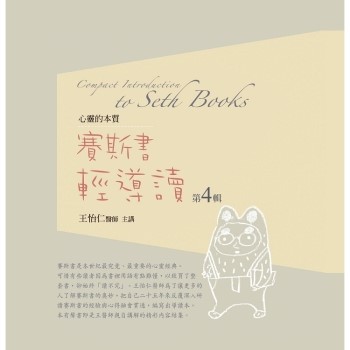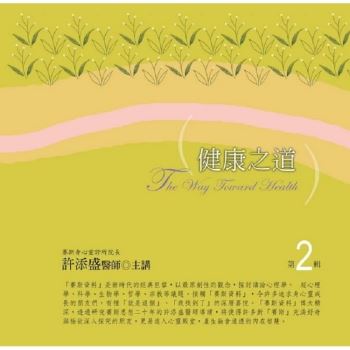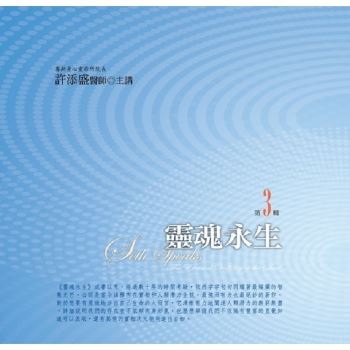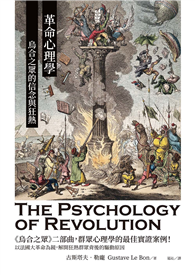Palestinians have used the language of human rights to articulate their struggle against the Israeli occupation and internationalise the injustices they face. Palestinian young people learning about human rights at school experience a dissonance between the aspirational and internationalised framework of those norms and the layers of injustice of their own lived experience. Drawing on research in the occupied West Bank, this book explores the three layers of marginalisation faced by Palestinian young people - the Israeli occupation that denies them their humanity; the Palestinian pseudo-state that denies them a voice; and patriarchal structures that deny them agency - to show how these barriers influence their understanding of, and scepticism towards, human rights. Influenced by decolonial theories, this book illuminates how space needs to be created for the counter-narratives of the oppressed in human rights discourse, which may not align with more conventional representations of human rights. It contends that human rights and, by extension, human rights education in the Palestinian context (and beyond) needs to be critiqued, decolonised and ultimately transformed.
| FindBook |
有 1 項符合
Rethinking Human Rights: Critical Insights from Palestinian Youth的圖書 |
 |
Rethinking Human Rights: Critical Insights from Palestinian Youth 作者:Jiménez 出版社:Hart Publishing 出版日期:2024-10-17 語言:英文 規格:精裝 / 272頁 / 23.39 x 15.6 x 2.54 cm / 普通級/ 初版 |
| 圖書館借閱 |
| 國家圖書館 | 全國圖書書目資訊網 | 國立公共資訊圖書館 | 電子書服務平台 | MetaCat 跨館整合查詢 |
| 臺北市立圖書館 | 新北市立圖書館 | 基隆市公共圖書館 | 桃園市立圖書館 | 新竹縣公共圖書館 |
| 苗栗縣立圖書館 | 臺中市立圖書館 | 彰化縣公共圖書館 | 南投縣文化局 | 雲林縣公共圖書館 |
| 嘉義縣圖書館 | 臺南市立圖書館 | 高雄市立圖書館 | 屏東縣公共圖書館 | 宜蘭縣公共圖書館 |
| 花蓮縣文化局 | 臺東縣文化處 |
|
|
圖書介紹 - 資料來源:博客來 評分:
圖書名稱:Rethinking Human Rights: Critical Insights from Palestinian Youth
|











